Discover Gastropod
Gastropod

Gastropod
Author: Cynthia Graber and Nicola Twilley
Subscribed: 27,719Played: 688,377Subscribe
Share
© 2021 Cynthia Graber and Nicola Twilley
Description
Food with a side of science and history. Every other week, co-hosts Cynthia Graber and Nicola Twilley serve up a brand new episode exploring the hidden history and surprising science behind a different food- or farming-related topic, from aquaculture to ancient feasts, from cutlery to chile peppers, and from microbes to Malbec. We interview experts, visit labs, fields, and archaeological digs, and generally have lots of fun while discovering new ways to think about and understand the world through food. Find us online at gastropod.com, follow us on Twitter @gastropodcast, and like us on Facebook at facebook.com/gastropodcast.
277 Episodes
Reverse
Yoghurt is the most diverse section of the dairy case: from Icelandic skyr to creamy Australian, and fruity French Yoplait to full-fat Greek. With something to suit every palate, plus a dose of microbes to support healthy digestion, yoghurt is a staple food in the US, hero of a million smoothies, berry bowls, and snack breaks every day. Which is why it's pretty weird that, until about 50 years ago, most Americans had no idea what it was. This episode, we've got the story of the microbial miracle (and ants?) that gave us yoghurt, as well as the secret connection between those heat-loving bacteria and the evolution of lactose tolerance. Plus, for most of history, yoghurt was wildly popular in large parts of the world—the Middle East, the Balkans, Caucasus, much of Asia, and the Indian subcontinent—and totally unknown elsewhere. Even the promise that yoghurt would cure old age, made by a Nobel prize-winning scientist, couldn't persuade Americans to eat it. So how did yoghurt finally capture the hearts of Americans? Listen in now for the little-known story of our curious relationship with this creamy concoction.
Learn more about your ad choices. Visit podcastchoices.com/adchoices
Every second of every day, plants on earth do something miraculous: they take the carbon dioxide from air and turn it into food. With very few exceptions, everything we eat starts out that way. But what if we wanted to cut out the middlemen, re-wild all those fields full of wheat and corn, and manufacture dinner directly from the atmosphere ourselves? Scientists began dreaming of turning air into food back into the 1800s, but it's only recently that dream has become a reality—with results that, depending on where you live, you can already taste for yourself. In this episode, we’re exploring the history and science that made this particular sci-fi future real: from a space-age vodka and military-grade yogurt-like substance to surprisingly delicious gas-based butter and bonbons. Join us this episode as we explore the weird science and fascinating history behind this futuristic food, and discover how it might help us save this planet *and* survive on new ones.
Learn more about your ad choices. Visit podcastchoices.com/adchoices
At last, an episode on pizza! But that raises a tricky question: what exactly is pizza? As it turns out, the original pizzas from eighteenth-century Naples looked nothing like a standard slice—they were more like a focaccia, topped with oil, herbs, anchovies, or whatever else was on hand. Even after these first pizzas met the tomato, the dish was a local peculiarity—most Italians thought pizza was gross and weird until just a few decades ago. So how did we get from Neapolitan subsistence snack to today's delivery staple? Listen in this episode as we travel with historian Carol Helstosky, author of Pizza: A Global History, and Francisco Migoya, head chef at Modernist Cuisine, from Italy to New York to Brazil and beyond, to tell the story of how pizza conquered the world. All that, plus the tough questions: is Chicago deep dish really pizza? How about bananas on top? What about (gasp) a donut pizza? (encore episode)
Learn more about your ad choices. Visit podcastchoices.com/adchoices
If you’ve heard of metabolism, you’ve probably heard endless tips and tricks to boost it, from working out to drinking green tea. The idea is that a slow metabolism leads to weight gain, and speeding it up makes it easier to shed pounds. But what if we told you that metabolic rate doesn't really have anything to do with why so many of us in the developed world are heavy? This episode, nutrition scientist Kevin Hall and science journalist Julia Belluz join us to debunk metabolic myths, starting with what actually happened behind the scenes on the reality TV show The Biggest Loser. Can you really mess up your metabolism by gaining and losing weight, or reset it with morning tonics and exercise? Are those of us who weigh more than we want cursed with a slow metabolism, while those of us who seem to be able to eat whatever we want without gaining weight are just lucky to have a speedy one? And what do World War I explosives and Froot Loops have to do with figuring this all out? Listen in this episode, as we debunk some metabolism myths!
Learn more about your ad choices. Visit podcastchoices.com/adchoices
This week on Gastropod, a feast of fruits! Specifically, feijoa and durian—and, if you haven’t heard of either, you’re not alone. Unlike the ubiquitous strawberry or banana, durian and feijoa are only popular in a handful of countries and almost unknown in the US, and we wanted to know why—especially because the people who love them really love them. For New Zealanders, like journalist Kate Evans, feijoa is *the* taste of home, even though it's almost forgotten in its original homeland, in Brazil and Uruguay. Meanwhile, the smell of the durian is so intense and distinctive—Julia Child likened it to “dead babies mixed with strawberries and Camembert”—that it's famously banned from public transportation in Singapore. But for durian lovers, like the cancer expert who decoded the fruit's genome, it inspires something close to obsession. Join us this episode for a weird fruit adventure, as we discover why the durian and feijoa inspire such strong feelings, and why they never made it big in the US.
Learn more about your ad choices. Visit podcastchoices.com/adchoices
Whether or not it's Tuesday, tacos pretty much always hit the spot—and not just in their homeland in Mexico. These days, the taco can be found all over the world, although it's acquired some strange new fillings along the way, from French fries to canned corn. It's hard to imagine something so universal having to be invented—but, in fact, the taco as we know it only emerged in the 1800s. In this episode, Gastropod talks taco with the experts, peering through the salsa-smudged veil of history to answer such questions as: What do Cornish miners and their lunchtime pasties have to do with the taco? Did Glen Bell, of Taco Bell fame, actually invent the hard-shell version? Is a burrito also a taco? And how can a seemingly simple snack harbor so many mysteries? Grab a napkin, because things are going to get messy—and delicious—as we dive deep into the taco-verse to find out!
Learn more about your ad choices. Visit podcastchoices.com/adchoices
The tomato is Gastropod’s favorite flavor of summer, and we’re not alone: today, it’s the most popular vegetable on the planet, despite the fact that it's technically a fruit. But, until a couple of hundred years ago, the tomato wasn't really anyone's favorite. In South America, where the tomato originates, no one even bothered to domesticate it; in Mexico, the Aztecs seem to have preferred tomatillos; Renaissance Europeans thought this member of the nightshade family was practically poisonous; and, until the 1830s, most Americans considered them an “acquired taste.” Even in Italy, where the culinary mainstays of pizza and pasta now depend on red sauce, it took centuries to catch on. So why was the tomato so unloved—and how did it end up converting the haters on its rise to glory? Listen in this episode for the story of how Italian block parties, snake oil pills, and the state of Florida played in a role in the tomato’s journey to global domination—as well as the epic tale of one man’s quest to make the industrial tomato taste great again.
Learn more about your ad choices. Visit podcastchoices.com/adchoices
It's the epitome of summertime: there’s nothing like a cold, juicy slice of red watermelon on a swelteringly hot day. But, once upon a time, watermelons were neither red nor sweet—the wild watermelon has white flesh and a bitter taste. This episode, we scour Egyptian tombs, decaying DNA, and ancient literature in search of watermelon's origins. The quest for tasty watermelon continues into modern times, with the rediscovery of a lost (and legendarily sweet) varietal in South Carolina—and the Nigerian musical secret that might help you pick a ripe one. But the fruit's history has often been the opposite of sweet: watermelons have featured in some of the most ubiquitous anti-Black imagery in U.S. history. So how did the watermelon become the most dangerous—and racist—fruit in America? (encore)
Learn more about your ad choices. Visit podcastchoices.com/adchoices
This might sound corny, but the relationship between maize and humanity is essential. We rely on corn—globally, more maize is grown than wheat or rice—and, in turn, corn is utterly dependent on us, to the extent that it's lost the ability to reproduce without our help. But corn's wild ancestor is such an unappetizing weed that, for decades, archaeologists couldn't believe today's juicy cobs were all descended from it. From this unpromising beginning, we've got a story that involves empires, vampires, and generations of women chained to the (literal) grindstone. Pass the popcorn and settle in as we explore the past, present, and future of corn—and the many delicious ways Mesoamericans have invented to get their daily dose of vitamin T(ortilla). Plus: do blue and yellow corn chips actually taste different? And what does it mean for your relationship status if you can't get a tortilla to puff?
Learn more about your ad choices. Visit podcastchoices.com/adchoices
Probably not. But Wall Street Journal reporter Jeff Horwitz decided to try it anyway, putting his body — and specifically his butt — on the line to answer a seemingly straightforward question: Is it possible to build up a tolerance to poison oak by eating it? (Guest episode)
Learn more about your ad choices. Visit podcastchoices.com/adchoices
What do bubblegum, rooibos tea, and meal kits have in common? They’re all topics that puzzle and fascinate you, dear Gastropod listeners. This episode, we're getting to the bottom of your most pressing culinary questions! Such as: Are meal kits really better for the planet than buying and cooking dinner from scratch? Can all the rooibos tea in the world reallycome from one mountain range in South Africa? And what the heck is bubblegum flavor, anyway? Join us this episode for the scoop on meal kits, a tale of tea-drinking babies, and a peek behind the scenes at the Willy Wonka world of bubblegum flavor development from a real-life bubblegum scientist.
Learn more about your ad choices. Visit podcastchoices.com/adchoices
Five centuries ago, before Spanish conquistadors arrived, what's now Mexico City was the Aztec capital of Tenochtitlan—and it took the European invaders' breath away. It was built on an island threaded with canals; it was one of the largest cities in the world; and the Spanish could hardly believe the sheer volume of food sold in the city's main market, let alone the quantity and variety of dishes enjoyed by the Aztec leader, Montezuma. But how did a city built in a lake—and located in a part of the world without cows, sheep, pigs, or chicken—grow enough to feed quarter of a million people? What does it mean to eat like an Aztec, and can you still do it today? This episode, we're time traveling (and real traveling) to find out! Join us on a trip to taste the flavors of Tenochtitlan, and explore the endangered “floating islands” that fed the city—with a menu that included insect eggs, blue-green algae, and some adorable salamanders that just might hold the secret of eternal youth.
Learn more about your ad choices. Visit podcastchoices.com/adchoices
Yes, it's true: the banana we know and love is going the way of the dodo bird. An incurable strain of the fungal Panama disease known as TR4 is currently wiping out tens of thousands of acres of banana plantations, from Malaysia to Australia and Mozambique to El Salvador. But what's bananas is that this has all happened before! Is history doomed to repeat itself? Find out in the grand finale of our banana series. It's banana-pocalypse then *and* now, in this story of CIA subterfuge and human parakeets—plus we get to the bottom of the mystery of banana-flavored candy and meet the weird and wonderful candidates auditioning for the role of banana of the future.
Learn more about your ad choices. Visit podcastchoices.com/adchoices
In 1870, a strange fruit arrived on the docks in New Jersey, starting an industry that would change the world. That fruit was a banana, and, although it was a staple food in tropical regions, most Americans had never tried one. Today, a century and a half later, even the most depressing gas station, corner store, or hotel breakfast buffet in the land has bananas on offer. This week, we’re exploring the story of how humans transformed a tiny berry full of tooth-breaking seeds into the soft, yellow, suggestively-shaped fruits we know and love. Listen in now for the funny but tragic story that involves the invention of the cruise ship vacation, a Brazilian beauty and her iconic tutti-frutti hat, and the creation of the first "banana republic."
Learn more about your ad choices. Visit podcastchoices.com/adchoices
Humanity's love affair with beer goes *way* back: 5,000 years ago, the civilization that arose in Mesopotamia invented writing, and one of the very first things they wrote about was... beer! But where was beer itself invented? This episode, we've got the story of beer's origins, the debate over whether humanity domesticated grains for brewing or for baking, and why beer was so essential to the smooth functioning of the world's first cities and states. But the story of how we know this—how we can decipher millennia-old drinking songs written in a forgotten language and alphabet, analyze pottery to reconstruct the ingredients list for ancient brews, and even figure out that, for maximum authenticity, we need to drink the resulting beverage through a hollow reed—well, that's perhaps even more fascinating! This week, archaeologist Tate Paulette is our guide as we meet the goddess of beer, sneak a peek at the letters of beer-brewing wives left behind by merchant husbands, and enjoy a time-traveling tasting of an ancient ale, produced with the help of cutting-edge science. Fill your glass and listen in—and don't forget your straw!
Learn more about your ad choices. Visit podcastchoices.com/adchoices
If you've been hearing that canola is a killer, you're not alone. It's one of the so-called "hateful eight" seed oils: Robert F. Kennedy, Jr. says it's among the most deadly things you can eat, and Joe Rogan agrees. But is it true? This episode, we get to the bottom of the debate over the plant formerly (and still, in some places) known as rapeseed. Why does it have such an unfortunate name, and how did it transform into canola, at least in North America? Is it really engine oil? Does it actually contain a poisonous solvent? And why on earth are Brits buying up a fancy cold-pressed version by the gallon, as the new, home-grown olive oil? Are they roasting their potatoes with an inflammation- and disease-causing disaster? Listen in for the forgotten history and slippery science of this much discussed, little understood oil.
Learn more about your ad choices. Visit podcastchoices.com/adchoices
Are eggs going to give you high cholesterol, or are they the base of a great protein-rich meal? Will coffee give you cancer, or will it help you live longer? If you're confused about what nutrition science has to say about which foods are healthy and which are not, you're not alone. But why is it so hard to figure out what's good for us, and why does the advice seem to change constantly? This week on Gastropod, we reveal the hidden history of how nutrition science got started, why its early successes saved millions of lives, and how those successes then led the field astray. From debunking the Blue Zones, to the discredited “French paradox” that had everyone washing their Brie down with glasses of red wine, to the most recent research on ultra-processed foods, we’re breaking down how nutrition research actually gets done—and what that means for what should be on your plate.
Learn more about your ad choices. Visit podcastchoices.com/adchoices
Quinoa is everywhere these days, the base for a million salads and grain bowls. But, until recently, barely anyone outside the nutritious seed's ancient's homeland—the Peruvian and Bolivian Andes—had ever heard of it. This week, we're telling the story of how a gorgeous spinach-like plant traditionally grown in a remote, high-altitude region of South America was transformed into one of the hottest foods on the shelves at Whole Foods. This is a tale that began with Coloradan hippies, the deliberate invention of a new Peruvian gastronomy, and beer, but truly took off when the United Nations declared that this so-called "superfood" was the secret to solving global hunger, adapting to climate change, and rescuing Andean farmers from poverty. So, did quinoa deliver? Listen in now for the story behind your next Buddha bowl.
Learn more about your ad choices. Visit podcastchoices.com/adchoices
During World War II, the Soviet city of Leningrad was surrounded, cut off from food supplies for nearly two and a half years. People were desperate: they ate boiled leather, machine oil, toothpaste, and wallpaper paste just to stay alive. But, in the center of the city, a group of botanists spent their days surrounded by food that they refused to touch—nuts, seeds, and even a basement full of potatoes—even as several of them starved to death. The seeds for which these scientists were willing to sacrifice their lives formed the collection of the world's very first seed bank: a library of crop varieties that contained the genetic diversity future generations of plant breeders have relied on to feed the world. In this episode, the story of the almost unimaginable bravery that lies behind the food we eat today.
Learn more about your ad choices. Visit podcastchoices.com/adchoices
Dry January may be over, but, for many people, drinking less alcohol or none at all is an increasingly common choice year-round. And, unlike in the past, when dealcoholized options were few and far between—and had a well-deserved reputation for tasting bad—there’s now a booming market for non-alcoholic beers, wines, canned cocktails, and even spirits for the so-called "sober curious." But how do they get the booze out of our favorite tipples—and why is hard to keep the flavor? Gastropod is here to investigate! Join us for the history of breakfast beer, worker’s wine, and Welch’s Prohibition-era roots, as well as the science behind the “spinning cone” technology that revolutionized the world of non-alcoholic beverages. Plus: our hosts and a few brave volunteers put their taste buds on the line to find out which of these new drinks is worth swapping for the hard stuff, and which they wish they'd left on the shelf.
Learn more about your ad choices. Visit podcastchoices.com/adchoices




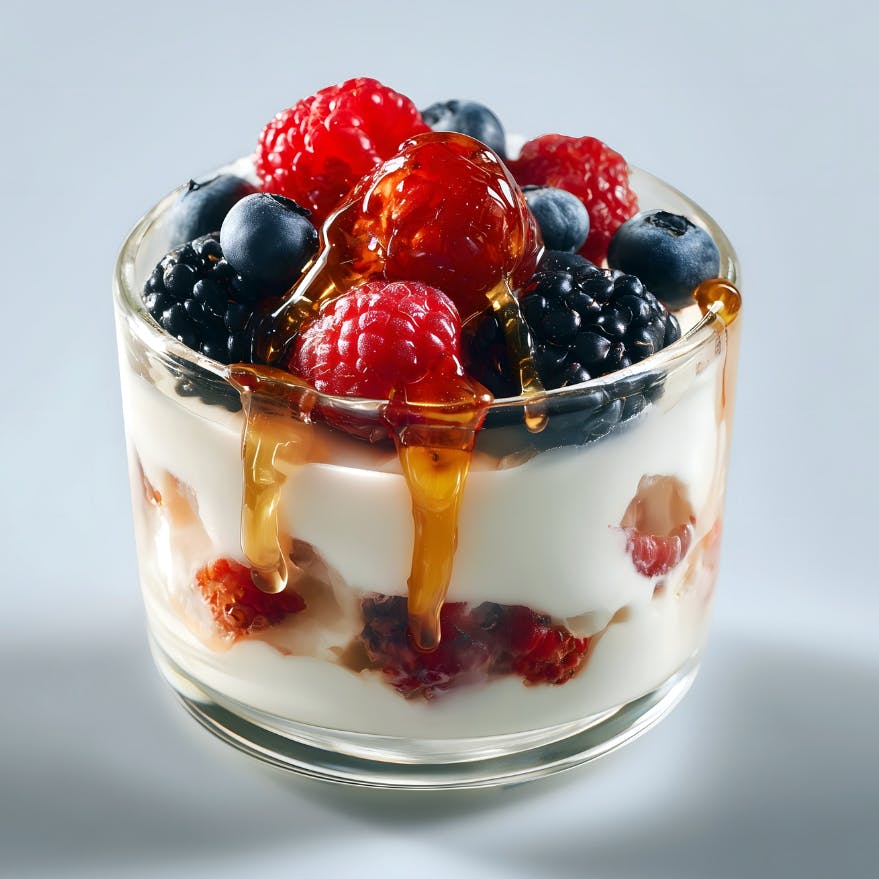
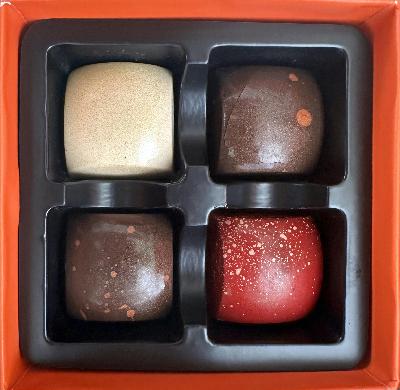
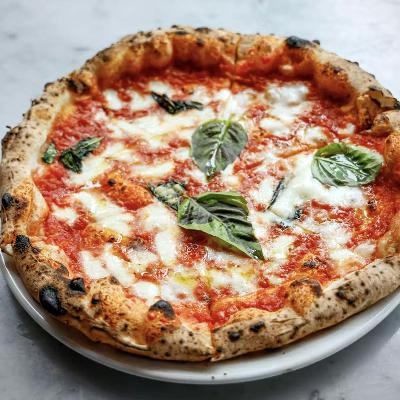

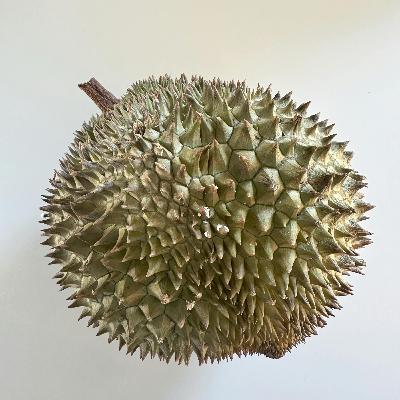
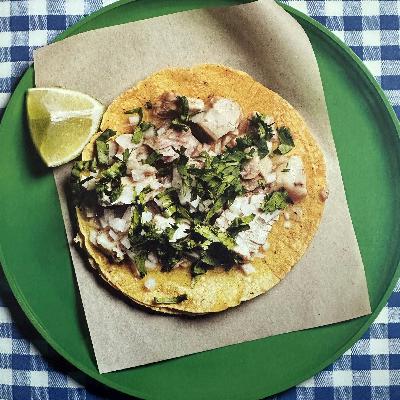
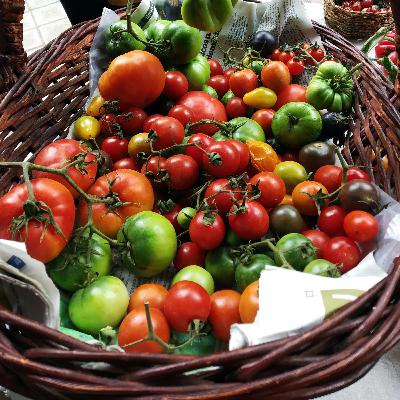

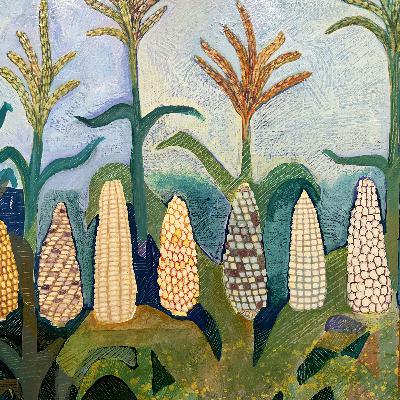
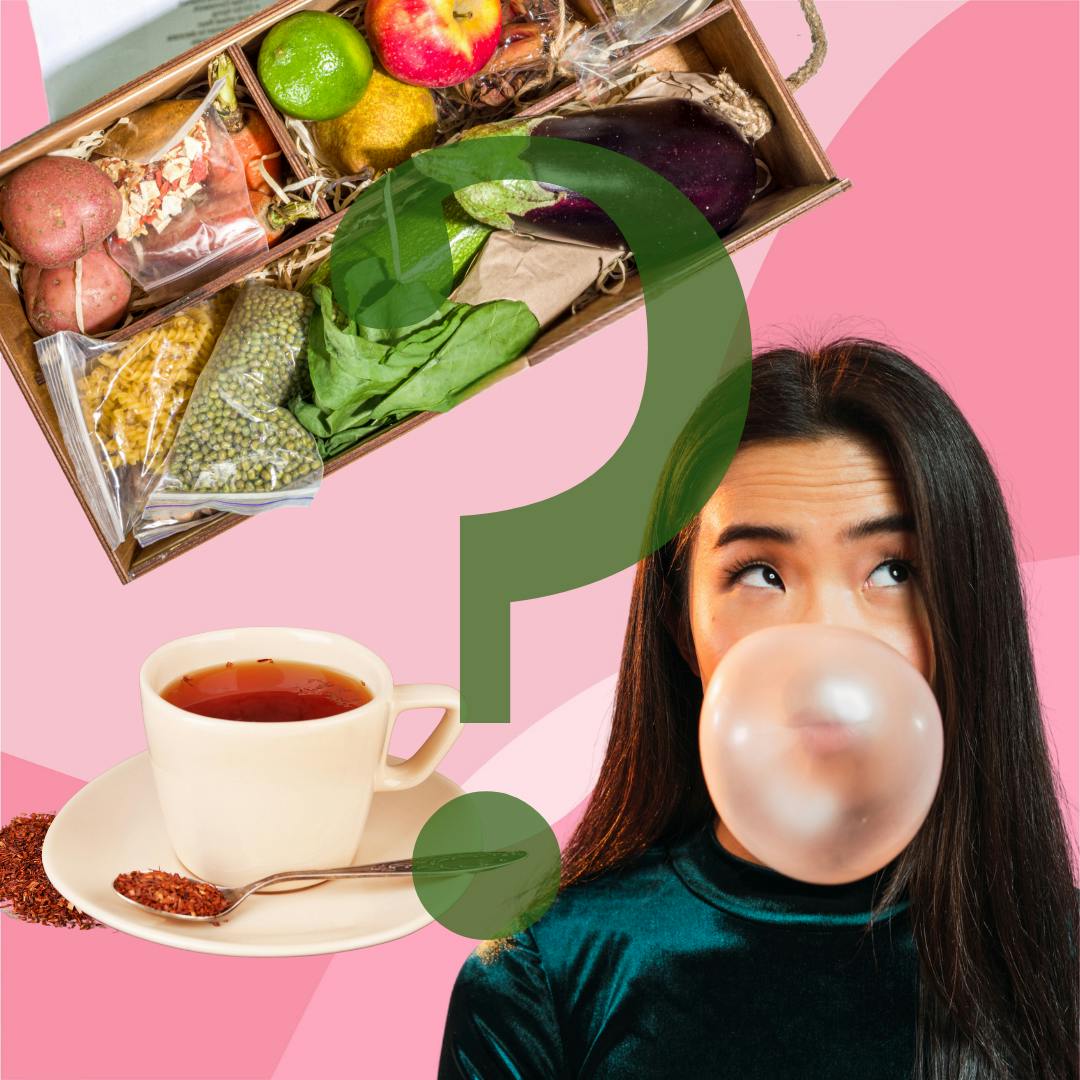


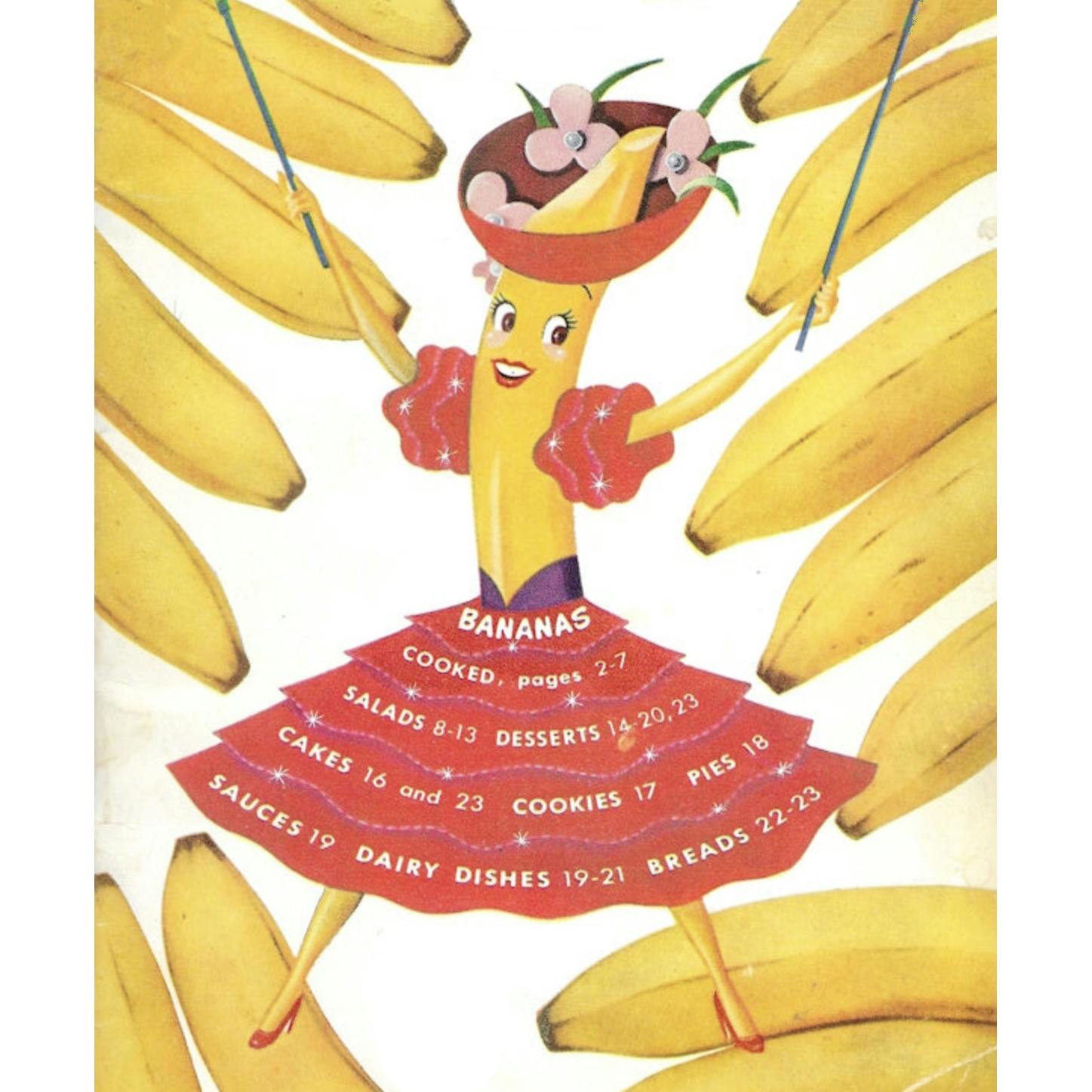
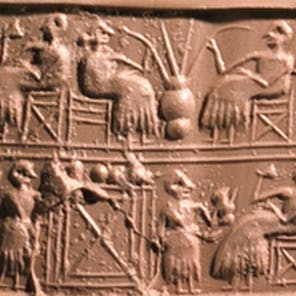
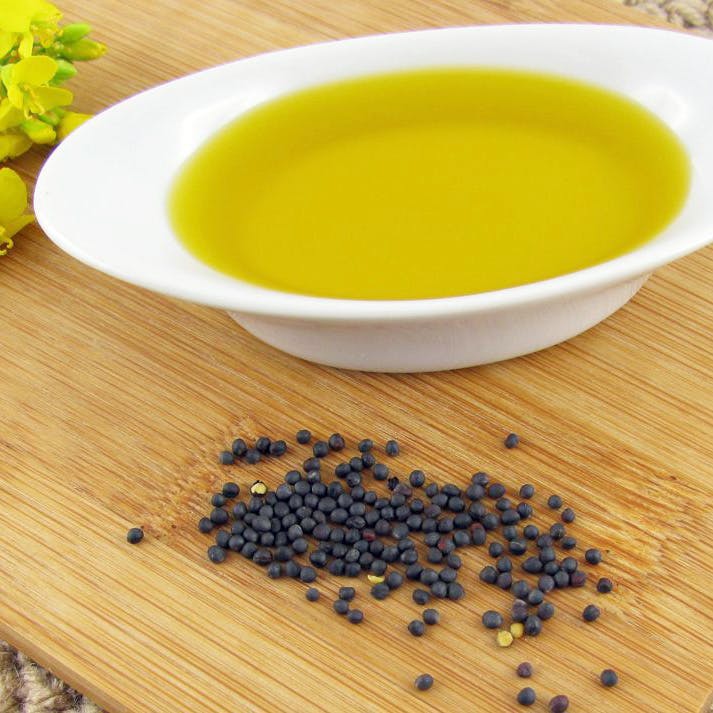


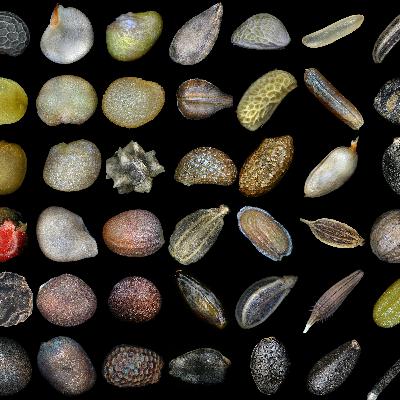




😂 what is that one host calling it? feh-hoah? no.
Personally, I would prefer small with flavor and I'm not alone...get with it commercial buyers! Going to look for his seeds.
I was under the impression that beer evolved, at least in part, because water was not always healthy, but the boiling process of beer making prevented people from getting sick. This was certainly true in medieval times in Europe through colonial days in the Americas. Did this also play a roll in the earliest days of brewing?
This podcast sounds like such a fascinating deep dive into the world of food! Exploring everything from ancient feasts to modern aquaculture really shows how rich and layered food culture can be. If you're into learning more about food science and healthy living, I definitely recommend checking out https://glutenfreedine.com/ — it pairs really well with the kind of insights shared on Gastropod.
I've been thoroughly enjoying 'Gastropod'! The show offers such a fascinating and unique take on food history and science. Each episode is packed with intriguing stories and in-depth research that makes learning about the culinary world both engaging and educational. https://hubhopper.com/episode/eco-friendly-cake-box-solutions-1721915293/32646792
There are no disappearing coastlines worldwide. Why would billionaires buy costal property or developers spend billions on low lying islands like the Seychelles for new resorts?
Kind of strange to read that Luther Burbank is unknown. We learned about him in elementary school!
fooooooooood do u like it?
that caller was absolutely watching The Terror
just me or does the episode end mid sentence?
Fantastic podcast about the history science food that are never really talked about much. Not a huge fan of how many "guest episodes" and repeats they do now, I would much rather prefer hearing Cynthia and Nicola host and present. But the ones that they do actually make are great!
EU has reported that glyphosate is not a carcinogen just recently sooo ...
Excellent
everyone on this podcast missed the whole point of vertical urban farming, so many things that it solves where not mentioned. think about creating space for rewilding nature by bringing agriculture to cities, think about supplying food deserts with fresh produce. no seasons, perfect for climate adaption. no pesticides or fertilizers going into surrounding ground water etc. vertical farming is not perfect but definitely needed. and we are far from reaching a point where these pro's will show
Just finished the Date esp. I was really disappointed to hear cultural appropriation being reported on without being called out. The date festival and beauty contest were talked about as a funny, cute experience. Considering how our country has mistreated people from the middle east, it is completely inappropriate (and a form of violence) to celebrate a bastardized version of their culture. this is not the critical and thoughtful type of reporting that I'm used to from gastropod.
tw s36gAMbMg3oKJ?Ghrn
great content but presenter had a very ...distracting voice. it's like sandpaper in my ears. is it vocal fry? Anyway, I still managed to enjoy this episode.
Thank you for this episode. It gave me a much greater understanding of BLM and intersectionality.
at minute 19 theres two audio tracks on top of each other
such a great episode! thanks